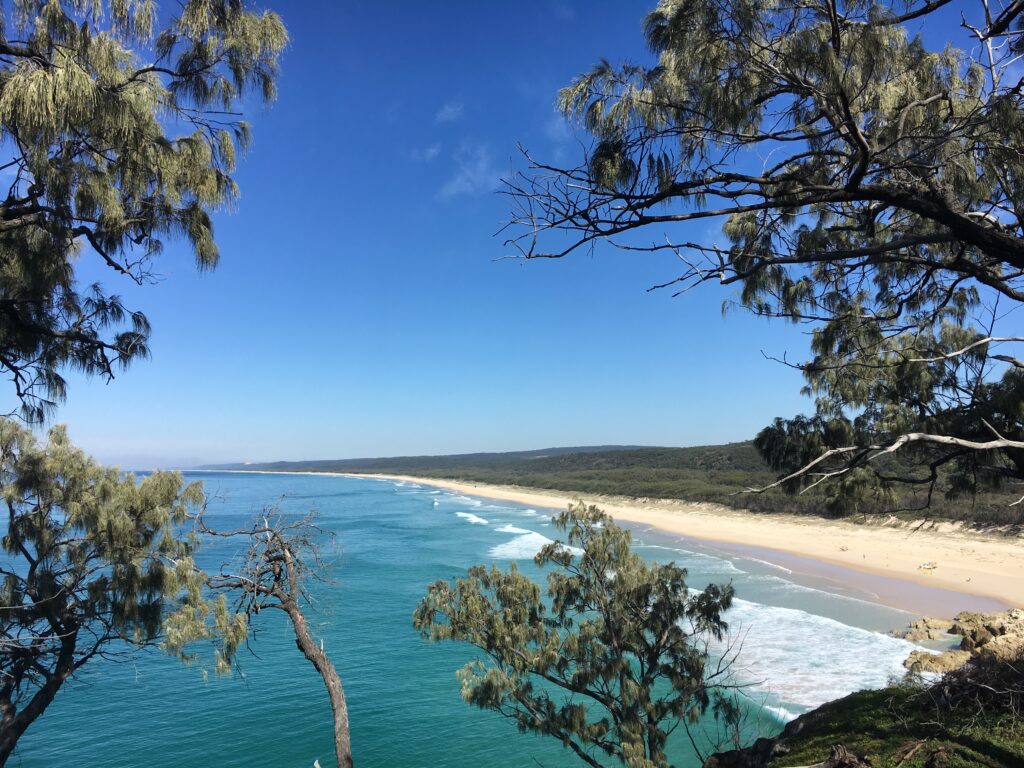On a crisp, cloudless Sunday morning in July, my wife and I arrived a little earlier at the Czechoslovakian Clubhouse in Burbank, Queensland. Warming himself near the wood-burning stove stood Joseph, now well into his seventies. I asked him how he was. His reply continues to dwell with me: “Just waiting for heaven”. I’ve often pondered his words and their profound meaning. (The words could inspire the lyrics of a song or the verses of a poem; I’ve written this short article instead!)
Joseph was aware of death. It did not seem something depressing or demoralizing. Rather, he accepted the reality of his limited existence and of life beyond our world.
Life Is Impermanent
Joseph’s comment reminded me of the impermanence of life. Our lives are indeed fragile. How true these words:
“This life is as impermanent as a water bubble; remember how quickly it decays and death comes” (Lama Tsongkhapa).
Such awareness can help us take full advantage of the precious opportunities that life presents us. In a sense, the reality of death as a motivator to make the most of life was a gift that Joseph left me with that morning.
A Three-fold Reflection on Death
Later, I learned that in the Buddhist tradition there is a reflection on death, designed to help people make the most of their lives – and to prevent the regret and panic that can occur without preparing for the inevitable. Again, all this is not intended to be morbid and distasteful. Rather, it can give life a newfound purpose and direction. Let me briefly share the heart of this reflection on death:
Understand that Our Death Is Definite
Death is a certainty and we cannot get around it. Furthermore, our lifespan is continually shrinking and we cannot do anything to prevent the unavoidable and inescapable.
Realize that the Time of our Death Is Uncertain
The exact time of death is unpredictable. The human lifespan is not fixed. For example, young people die and there is no guarantee that we will live to a certain age, even if we are healthy. Many factors can cause the death of our fragile body (for example, something as small as a pinprick can lead to infection, disease, and death).
Recognize What Cannot Help Us at the Time of our Death
Our wealth cannot help us (we cannot buy our way out of death); our friends and relatives cannot help us (no one can protect us from death or accompany us on our ultimate journey); and, even our body cannot help us (the pain that our dying body may subject us to can be very difficult). (Summary adapted from Buddhism for Dummies by Landaw, Bodian, and Bühnemann)
Sobering? Yes. However, the point of all this is not for us to be depressed, uptight, or afraid to live. Rather, we can become more alert to the reality of every passing moment and to truly enjoy the preciousness of life daily. Joseph has now passed away. Yet, in his own way, before his death, he has helped me to transform my view of life.
Written by Alexander Peck; edited by Eva Peck

Since you won’t stay in this world forever,
Better make your preparations now …
In the future, we are all going to die. All humans have to pass away at some point. We live in this world for only a few years. We can’t stay for hundreds or thousands of years. We have to move on. Where do we go when we die?
In the Buddhist view, we go from this life to the next life. After we die, the appearances of the bardo, the between state, arise, and from the bardo we take birth in the next life.
That might be a good rebirth or it might be a bad rebirth. The cause of a good rebirth is practicing virtue in this life. The cause of a bad rebirth is misdeeds, nonvirtue, and the afflictions.
In order to make sure we take a good rebirth, we had better make our preparations.
(Thrangu, Khenchen. Advice from a Yogi: An Explanation of a Tibetan Classic on What Is Most Important. 2015.)
